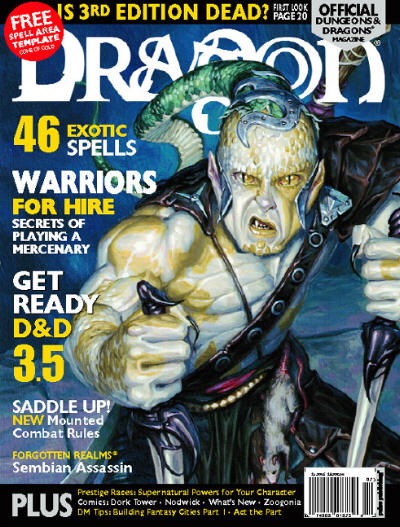

They have the privilege to travel anywhere and seek shelter from any drow, a dangerous request to accept since many moonlight as assassins.īards are uncommon in the traditions of the dwarves and halflings, though not unheard of.

The bards of drow society are held in high regard. The gnomes, famed for their love of humour, often make good bards. Half-elves likewise often take up this tradition, sharing the elven love of song, and for the same reason elves often make excellent bards.

The bardic tradition is common among humans, who have long used poetry and song as a way of keeping an oral tradition. Some humans pray to the elven deities for inspiration. Many worship gods of travel, such as Fharlangn in the World of Greyhawk, whose shrines they encamp near to earn coin from travelers. A bard is a jack-of-all-trades and contributes something useful to any adventuring group, though he lacks the direct strength of a dedicated warrior or spellcaster.īards travel often, and as a result are rarely devoted to a single temple. Adventuring into danger not only makes for great stories, it frequently offers ways to learn new secrets and acquire wealth, as well as giving the bard opportunity to practice their abilities.Ī bard's natural charisma and magical charm make them excellent diplomats, and adventuring parties often welcome bards when the situation warrants negotiation, haggling, or deception. īards traditionally follow heroes into battle in order to chronicle their deeds. Bards often collaborate to form informal colleges to share information and techniques.īards are natural adventurers, seeking out new stories to learn, lore to discover, and wealthy patrons to impress. Ī bard is a free spirit, and is rarely lawful in alignment.Ī bard typically apprentices under another bard until they are ready to begin their own journey. Not all bards are good-aligned, nor is any one bard necessarily loyal to another. Some bards are highly competitive with other bards, highly territorial and constantly jockeying for the favor of local rich and powerful nobles. They frequently carry musical instruments which serve as the tools of their trade. Appearance and personalityīards tend to wear light armor such as leather and carry one-handed weapons such as the longsword or rapier. Bardic music is said to be an attempt to harness mere echoes of these primordial words. A bard's magic, like their music, comes from the heart.Ī bardic tale says that the multiverse began with the Words of Creation, and by the speech of the gods was given form. It is generally considered a form of arcane magic, but many bardic abilities blur this distinction, such as the ability to cast spells which heal. The bard's power comes from song and poetry.


 0 kommentar(er)
0 kommentar(er)
